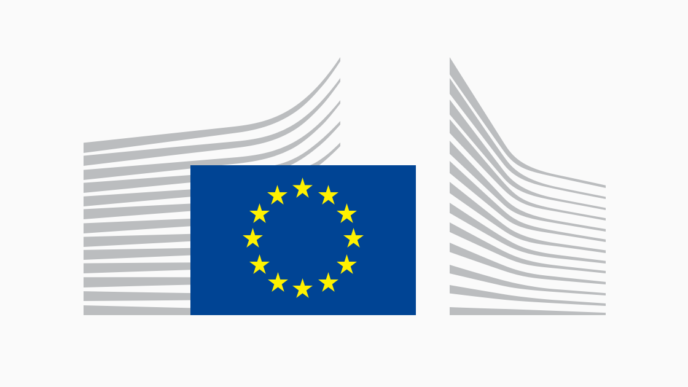As older workers approach retirement, there are many opportunities for those jobseekers who consider training for roles that are in demand.
The European Commission has identified 42 shortage occupations, in areas from healthcare and hospitality to the emerging new digital and green industries. By upskilling to take these on, jobseekers may find the new role that is right for them. Here we identify some of the industries where candidates from across the EU are likely to be in demand – and the support they can use to get them.
Transportation
Driving a truck can be an enjoyable and vital role – and it’s an area where jobseekers can now find work opportunities and benefit from growing salaries. Transporting goods around Europe is crucial for supply chains across the continent. Three years ago, FreightConnections, from DHL Freight, cited industry data suggesting that there was already a shortage of 400 000 heavy truck drivers in Europe in 2022. The situation, it said, was likely to worsen as drivers – then with an average age of over 50 – came up to retirement, in an industry that has found it hard to recruit in recent years. Last year, a report from the International Road Transport Union (IRU) said that driver shortages meant half of European truck operators could not expand.
But shortages are now resulting in rising salaries and strong chances of finding work. The 2024 IRU report found the average European truck driver salary was 55% higher than the national minimum wage, rising to 133% in the Netherlands.
EU countries are taking a variety of approaches to encourage jobseekers to train in transportation. In Denmark, for example, a social responsibility fund has been established that offers support – including simulators – to trainees learning to drive trucks. In Italy, there are regional and national measures in place to reimburse 80% of the cost of driver training and qualifications.
Healthcare
There’s a large and growing need for healthcare workers – an essential and caring role that will become even more important in an ageing society. Healthcare roles, from general and specialist doctors to nurses and healthcare assistants, appear on the European Commission list of EU-wide shortage occupations. In the coming years, there will be more elderly people in need of care, while many of those already working in the industry are approaching retirement.
In Latvia, where there have been shortages of rural doctors, extra support has been offered to regional general practitioners. In Sweden, the government has recently invested to boost the capacity of its health services.
Digital and green jobs
The EU’s transitions towards digital and green technologies are enabling the continent to build for the future. This means there will be strong demand for workers to train in these areas. Europe’s ambition is to become the first climate-neutral continent, as set out in the European Green Deal. As a result, there are likely to be new roles in areas from construction and architecture to energy and engineering.
Added to that, the demand for digital workers is likely to grow. The 2023 Skills in Transition: the way to 2035 report suggests there will be strong demand for ICT professionals up to 2035. Digital skills are a key priority for the EU. More than 70% of European businesses have said the lack of digitally-qualified staff is holding back investment. In March, the European Commission allocated €1.3 billion for digital skills and critical technologies, including AI .
How EURES can help
EURES’s network of advisers from across Europe can offer jobseekers help and advice as they look to find work in in-demand industries. EURES Advisers can identify training schemes, offer advice on where jobseekers’ skills are in demand and support candidates to qualify, learn new languages and apply for jobs.
Click here to ask a EURES Adviser about upskilling for in-demand jobs.
Related links:
Use the EURES portal to find out which jobs are in demand, and where
Living and working conditions in other EU countries
Read more:
Find EURES Advisers
Living and working conditions in EURES countries
EURES Jobs Database
EURES services for employers
EURES Events Calendar
Upcoming Online Events
EURES on Facebook
EURES on X
EURES on LinkedIn
EURES on Instagram












